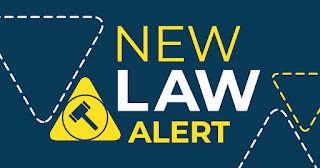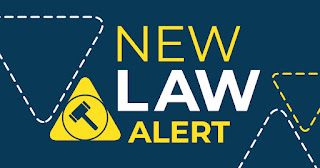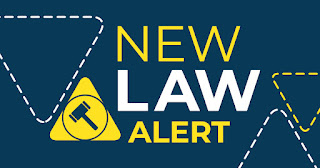The Occupational Safety and Health Administration ("OSHA") issued its long awaited emergency temporary standard requiring all private sector employers with 100 or more employees ("covered employers") to "develop, implement, and enforce a mandatory COVID-19 vaccination policy." OSHA issued separate rules for federal contractors/subcontractors and health care workers.
The OSHA rules require all covered employers to ensure their employees are vaccinated by January 4, 2022 or undergo weekly testing for COVID-19 and wear face coverings while at work (There is no testing option for health care workers).
Employers do not have to require employees to get vaccinated or be tested weekly if they: 1) report to a workplace where no other individuals are present; 2) work entirely from home; or 3) work exclusively outdoors. In addition, the rules provide for a reasonable accommodation for employees who have a disability or sincerely held religious belief (where there is no undue hardship to the employer).
The rules also require covered employers to do the following:
- obtain and preserve records of employee vaccination/testing which must be provided to employees, employee representatives and OSHA upon request;
- provide employees with up to four (4) hours of paid time off to receive their vaccine dose(s);
- provide reasonable time off and paid sick leave for employees to recover from side effects experienced from receiving the vaccine;
- require employees to notify the employer when they are diagnosed with COVID-19 and remove all employees who are positive from the workplace until they meet certain criteria;
- require all unvaccinated employees as of December 5, 2021 to wear masks (they must be vaccinated by January 4, 2022).
- report all COVID-19 fatalities and hospitalizations to OSHA;
Aside from the vaccination/weekly testing requirements, all of the other rules take effect on December 5, 2021. Covered employers should, thus, immediately work with counsel to begin creating and implementing a policy in compliance with these new rules. Covered employers who fail to comply with these rules can face fines in the amount of $13,653 per violation or $136,532 per violation if the conduct is willful or repeated.









